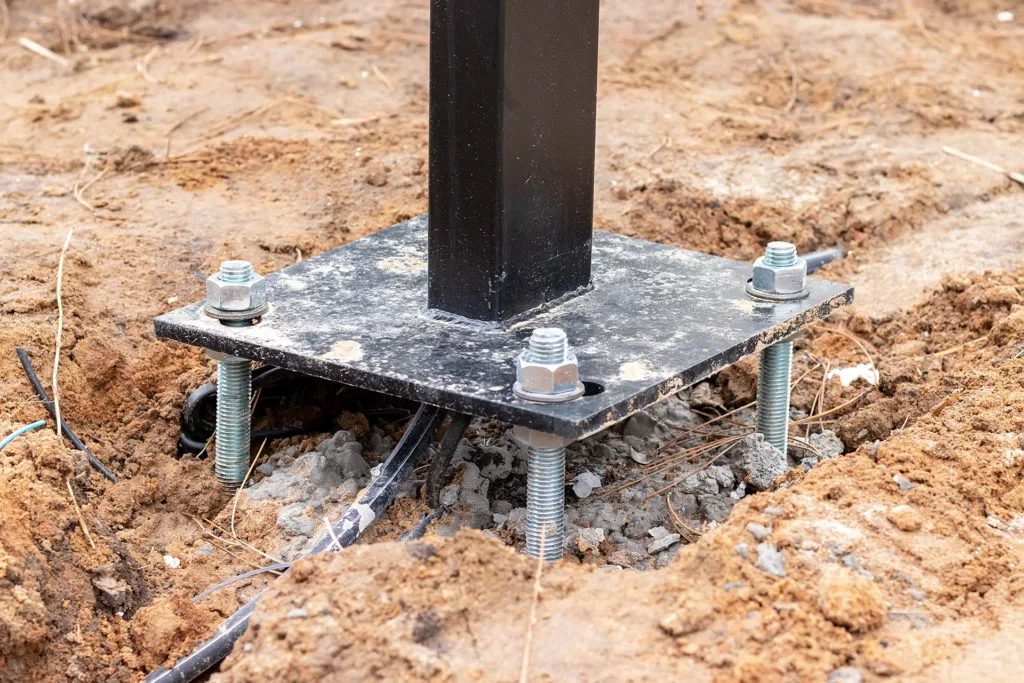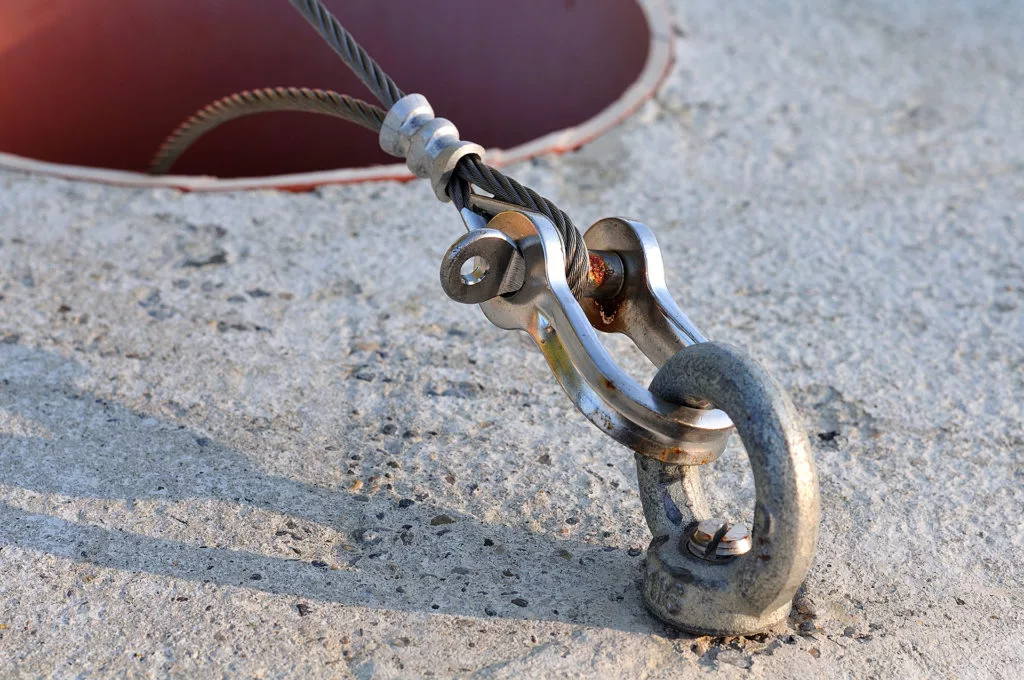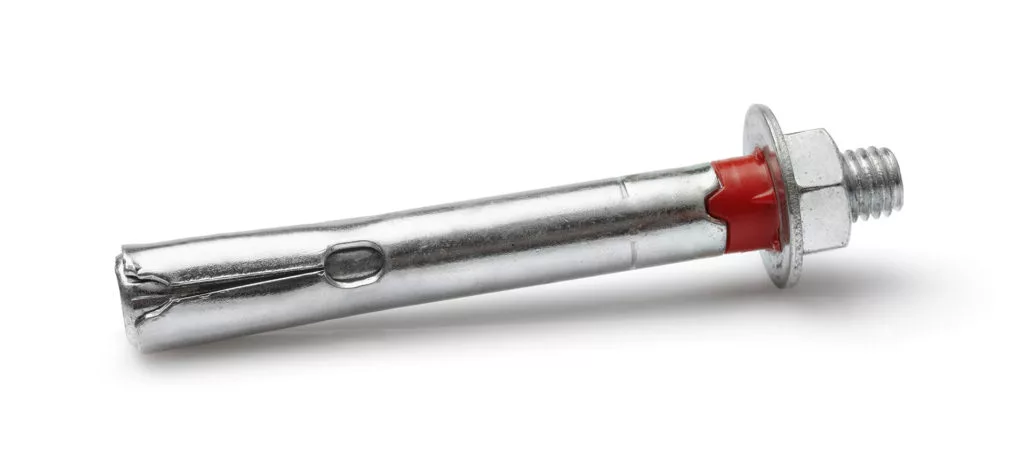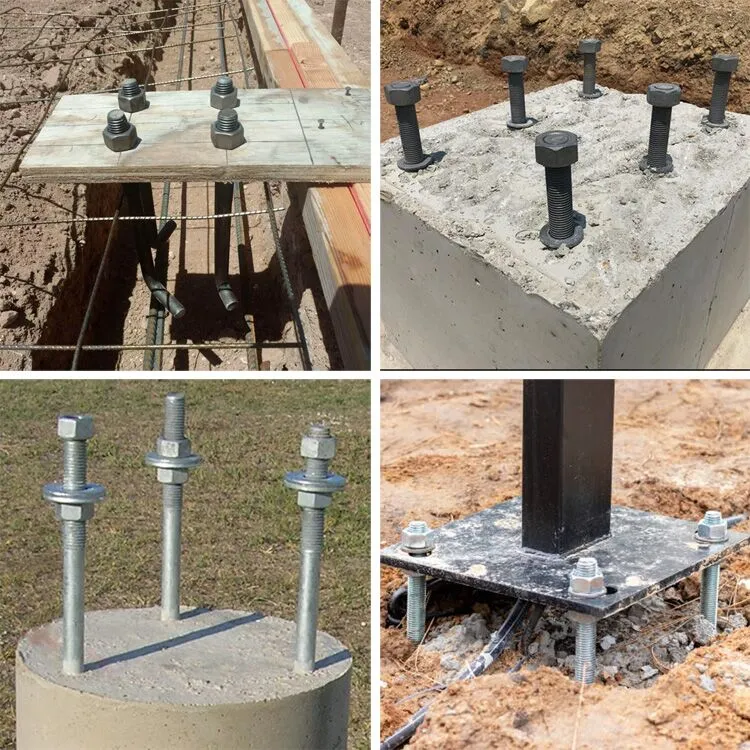THE RIGHT TOOL MAKES ALL THE DIFFERENCE
ANCHOR BOLT TESTING
Anchor bolts are critical for enhancing the structural integrity and stability
Anchor bolts are indispensable in construction, securing equipment to foundations and providing stability to structures. They resist forces like wind and seismic activity, ensuring safety. Their adaptability allows for customized configurations, optimizing structural solutions. Moreover, they enhance load-bearing capacity, crucial for supporting heavy machinery and equipment, ensuring robust constructions.
ANCHOR BOLT TESTING
Enhanced Load Bearing Capacity
ANCHOR BOLT TESTING
Anchor bolt testing is a critical process that helps ensure the safety and stability of structures. Anchor bolts are used to secure heavy equipment, machinery, and buildings to the foundation. These bolts need to withstand heavy loads and maintain their integrity over time. Anchor bolt testing involves various methods, including non-destructive and destructive testing, to assess the bolts’ quality, strength, and durability.
Non-destructive testing methods, such as magnetic particle testing, ultrasound testing, and visual inspection, can detect cracks, defects, and other abnormalities in the bolts without damaging them.
Destructive testing methods, such as tensile testing, shear testing, and compression testing, involve breaking the bolt to determine its maximum load capacity. Anchor bolt testing is essential to identify any weaknesses and prevent potential failures that could cause significant damage or harm.
Anchor bolts are used to connect structural and non-structural elements to concrete. The connection can be made by a variety of different components: anchor bolts (also named fasteners), steel plates, or stiffeners. Anchor bolts transfer different types of load: tension forces and shear forces.




Cast-in-place
The simplest – and strongest – form of anchor bolt is cast-in-place, with its embedded end consisting of a standard hexagonal head bolt and washer, 90-bend, or some sort of forged or welded flange.
The last are used in concrete-steel composite structures as shear connectors. Other uses include anchoring machines to poured concrete floors and buildings to their concrete foundations. Various typically disposable aids, mainly of plastic, are produced to secure and align cast-in-place anchors prior to concrete placement.
Moreover, their position must also be coordinated with the reinforcement layout. Different types of cast-in-place anchors might be distinguished.
WB Equipment will test the integrity of your bolts, using sophisticated testing equipment.
Let us know your requirements:
Post-installed
Post-installed anchors can be installed in any position of hardened concrete after a drilling operation. A distinction is made according to their principle of operation.
- Mechanical Expansion anchors
- A wedge anchor
The force-transfer mechanism is based on friction mechanical interlock guaranteed by expansion forces. They can be furtherly divided into two categories:
torque controlled: the anchor is inserted into the hole and secured by applying a specified torque to the bolt head or nut with a torque wrench. A particular sub-category of this anchor is called wedge type. As shown in the figure, tightening the bolt results in a wedge being driven up against a sleeve, which expands it and causes it to compress against the material it is being fastened to.
displacement controlled: usually consist of an expansion sleeve and a conical expansion plug, whereby the sleeve is internally threaded to accept a threaded element.
Undercut anchors
The force-transfer mechanism is based on mechanical interlock. A special drilling operation allows to create a contact surface between the anchor head and the hole’s wall where bearing stresses are exchanged.
Bonded anchors
The force-transfer mechanism is based on bond stresses provided by binding organic materials. Both ribbed bars and threaded rods can be used and a change of the local bond mechanism can be appreciated experimentally. In ribbed bars the resistance is prevalently due to shear behavior of concrete between the ribs whereas for threaded rods friction prevails (see also anchorage in reinforced concrete). Bonded anchors are also referred as adhesive anchors[10] or chemical anchors. The anchoring material is an adhesive (also called mortar) usually consisting of epoxy, polyester, or vinylester resins. The performance of this anchor’s types in terms of ‘load-bearing capacity’, especially under tension loads, is strictly related to the cleaning condition of the hole. Experimental results showed that the reduction of the capacity is up to 60%. The same applies also for moisture condition of concrete, for wet concrete the reduction is of 20% using polyester resin. Other issues are represented by high temperature behavior and creep response.



